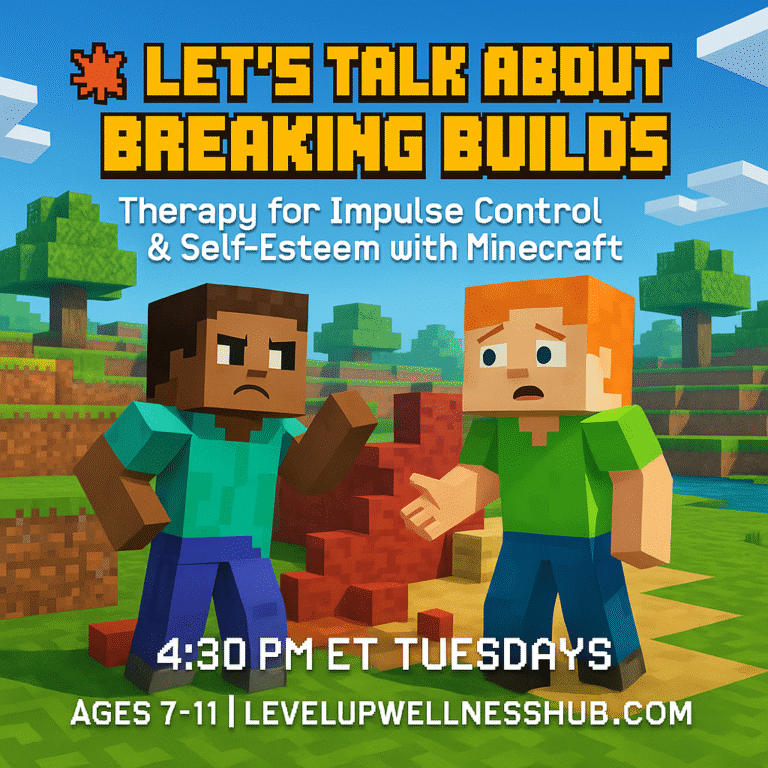How Virtual Collaborative Play Boosts Self-Esteem in Kids with ADHD
Attention Deficit Hyperactivity Disorder (ADHD) affects millions of children worldwide, presenting challenges that extend beyond the classroom. Kids with ADHD often struggle with self-esteem and self-worth due to difficulties in focusing, impulsivity, and hyperactivity. However, innovative approaches like virtual collaborative play skills groups are making a significant difference in their lives. These virtual platforms not only enhance social skills but also translate into improved behavior and performance in school.
The Impact of ADHD on Self-Esteem
Children with ADHD frequently face obstacles that their peers do not. Struggles with concentration, organization, and impulsivity can lead to academic underachievement and strained relationships with classmates. Over time, these challenges can erode a child’s confidence and self-esteem, making them feel isolated or different.
- Social Struggles: Difficulty in reading social cues can lead to misunderstandings.
- Academic Pressures: Consistent academic struggles may result in a negative self-image.
- Behavioral Issues: Impulsivity can cause disciplinary problems, affecting how they are perceived by others.
The Power of Virtual Collaborative Play
Virtual collaborative play skills groups offer a safe and engaging environment for children with ADHD to interact, learn, and grow. These platforms use games and activities designed to promote teamwork, communication, and problem-solving.
- Safe Environment: Virtual settings reduce the pressure of face-to-face interactions.
- Structured Activities: Games are designed with clear rules and objectives, helping maintain focus.
- Immediate Feedback: Real-time responses help children understand the consequences of their actions.
Boosting Self-Esteem and Self-Worth
Participating in virtual collaborative play helps children with ADHD experience success and positive interactions, which are crucial for building self-esteem.
- Achievement: Completing tasks and winning games provide a sense of accomplishment.
- Peer Recognition: Positive feedback from teammates reinforces self-worth.
- Skill Development: Learning new strategies and skills boosts confidence.
Translating Skills to the Classroom
The benefits gained from virtual collaborative play extend into the school environment, leading to improved behavior and academic performance.
- Enhanced Focus: Structured play improves attention spans.
- Better Social Skills: Improved communication leads to healthier peer relationships.
- Increased Motivation: Success in games can motivate children to tackle school challenges.
Implementing Virtual Play Groups
For parents and educators interested in integrating virtual collaborative play, consider the following steps:
- Select Appropriate Platforms: Choose games that are age-appropriate and designed to promote collaboration.
- Set Clear Goals: Establish what skills or behaviors you aim to improve.
- Monitor Progress: Keep track of improvements in both the virtual and real-world settings.
- Encourage Reflection: After sessions, discuss what was learned and how it can apply to daily life.
Conclusion
Virtual collaborative play skills groups are more than just a fun pastime; they’re a valuable tool in supporting children with ADHD. By providing a platform where they can succeed and interact positively with peers, these virtual environments help boost self-esteem and foster skills that translate into better behavior and performance in school. Embracing these innovative approaches can make a profound difference in unlocking the potential of every child with ADHD.
References
- Centers for Disease Control and Prevention. (2021). Attention-Deficit / Hyperactivity Disorder (ADHD).
- American Psychological Association. (2020). Effective Child Therapy: ADHD.

